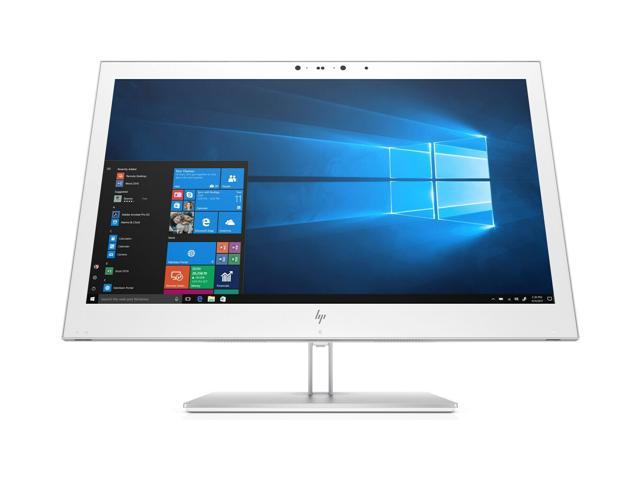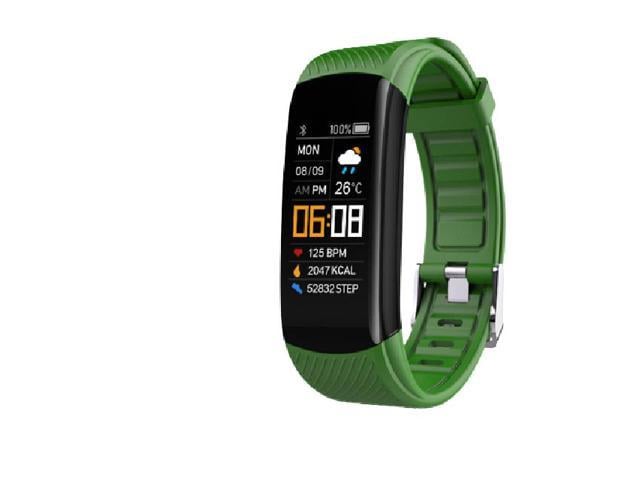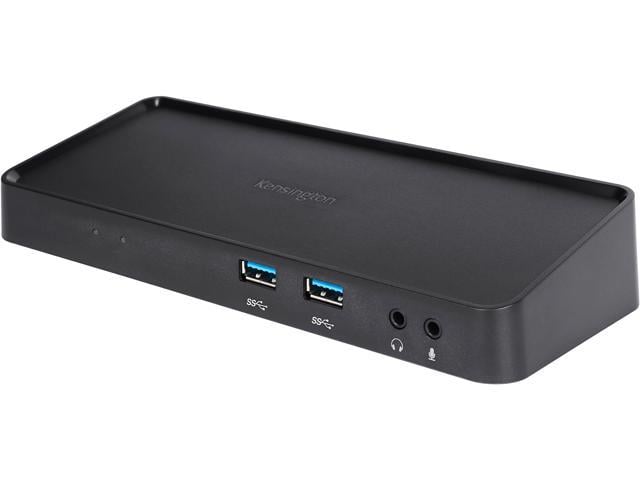Thermoluminescence (TL) and optically stimulated luminescence (OSL) are two of the most important techniques used in radiation dosimetry. They have extensive practical applications in the monitoring of personnel radiation exposure, in medical dosimetry, environmental dosimetry, spacecraft, nuclear reactors, food irradiation etc., and in geological /archaeological dating.
Thermally and Optically Stimulated Luminescence: A Simulation Approach describes these phenomena, the relevant theoretical models and their prediction, using both approximations and numerical simulation. The authors concentrate on an alternative approach in which they simulate various experimental situations by numerically solving the relevant coupled differential equations for chosen sets of parameters.
Opening with a historical overview and background theory, other chapters cover experimental measurements, dose dependence, dating procedures, trapping parameters, applications, radiophotoluminescence, and effects of ionization density.
Designed for practitioners, researchers and graduate students in the field of radiation dosimetry, Thermally and Optically Stimulated Luminescence provides an essential synthesis of the major developments in modeling and numerical simulations of thermally and optically stimulated processes.















